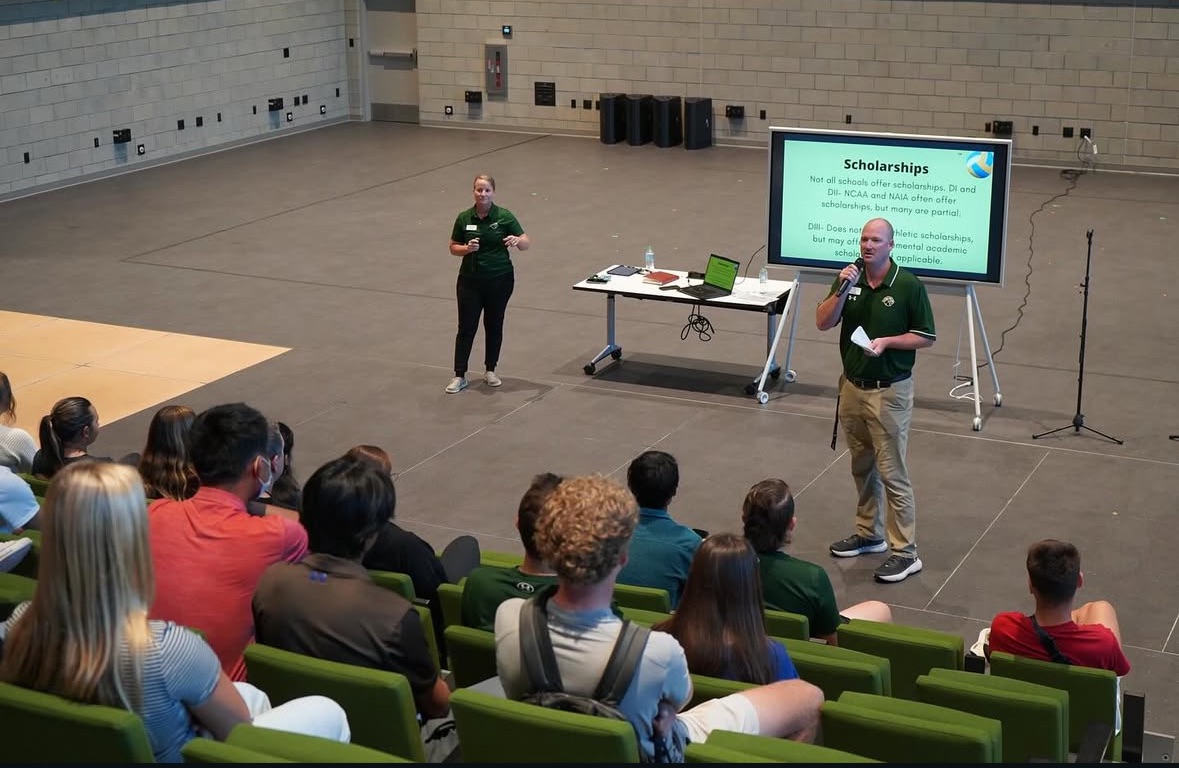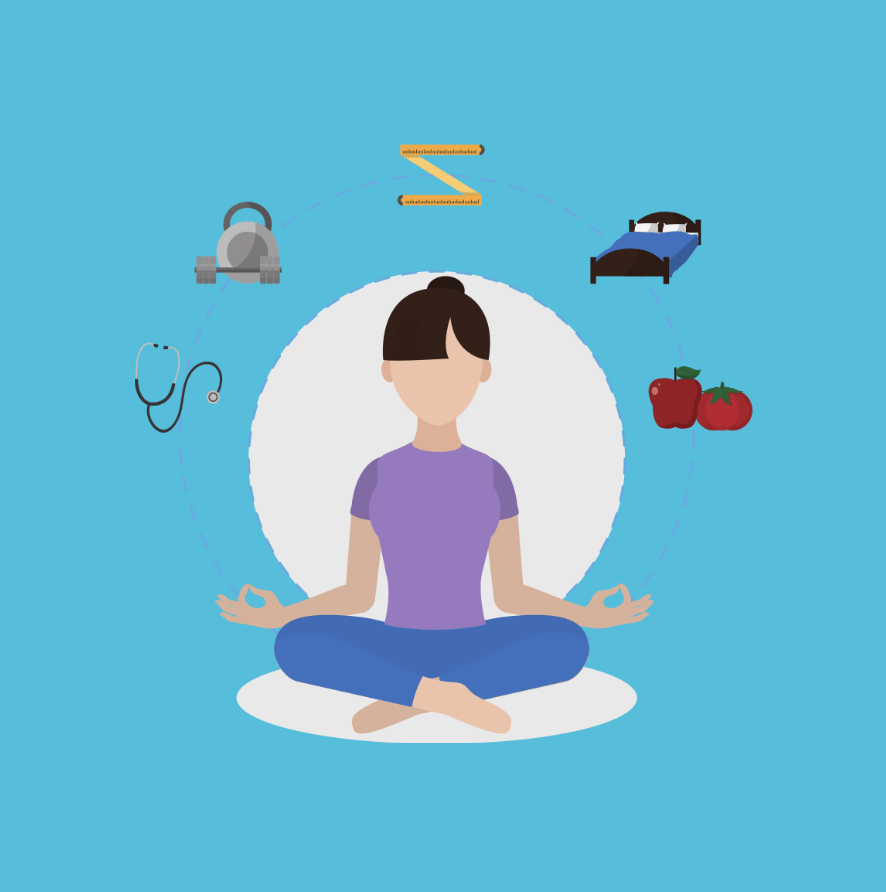Many humans navigate life by developing habits. The times they wake up in the morning, what route they take to work, even the time of day they take their pets out for a walk are all programmed habits that are ingrained into people’s routines
The Oxford Dictionary defines a habit as “a settled or regular tendency or practice, especially one that is hard to give up.” While this definition describes the word, it doesn’t truly explain the power small habits have on a person’s life. Habits are routines that help guide our lives. And the implementation of small good habits can affect people in dramatic ways.
Take a simple action like making your bed every morning. Although this is a beyond simplistic task, starting out with smaller habits can help create a feeling of accomplishment, which can help guide your day and impact your mood.
History teacher Mr. Bernie Yanelli described his opinion on how small habits make big differences.
“I know that small habits like making my bed every morning lead to a positive mindset throughout my day,” Yanelli said. “ By doing this simple action, I feel more motivated and confident to conquer bigger habits like exercising every day, which is a more challenging task.”
In his Humanities Honors class, Mr. Yanelli spends time teaching the importance of habits as he believes it is a crucial lesson for seniors before entering college. He shares his personal experiences with habits to help teach the necessity of forming them.
Outside of Saint Stephens, high schools and colleges across the country speak out about habits:
Navy Admiral William H. McRaven gave a commencement speech to recent graduates at the University of Texas.
McRaven said: “Making your bed will also reinforce the fact that little things in life matter. If you can’t do the little things right, you will never do the big things right.”
Although difficult habits like going to the gym everyday or eliminating procrastination from your life may seem like a daunting idea that requires an intense amount of willpower and strength, starting out with smaller habits guarantees an easier gateway to success with taking on more challenging goals.
I, myself, struggle with taking on new challenges like big habits because they seem too scary and difficult. About a month ago though I started with a small habit: going to bed before 12 am. After a month of doing that, my mood has improved, I am doing better in my studies, and my relationship with family and friends has even seen positive results.
Beyond the impacts that my small habit has had on my life, I’ve also gained something larger— the confidence that I can take on bigger habits, like going to the gym or eating healthy every day.
So, I challenge you, fellow students, to take the first step. Tomorrow, think of and begin a small good habit: make your bed, drink an optimal amount of water, get your homework done early in the night, go to bed earlier, and stick to it. See how you feel. Try to go a week doing these small adjustments and notice the big improvements in your life.






































